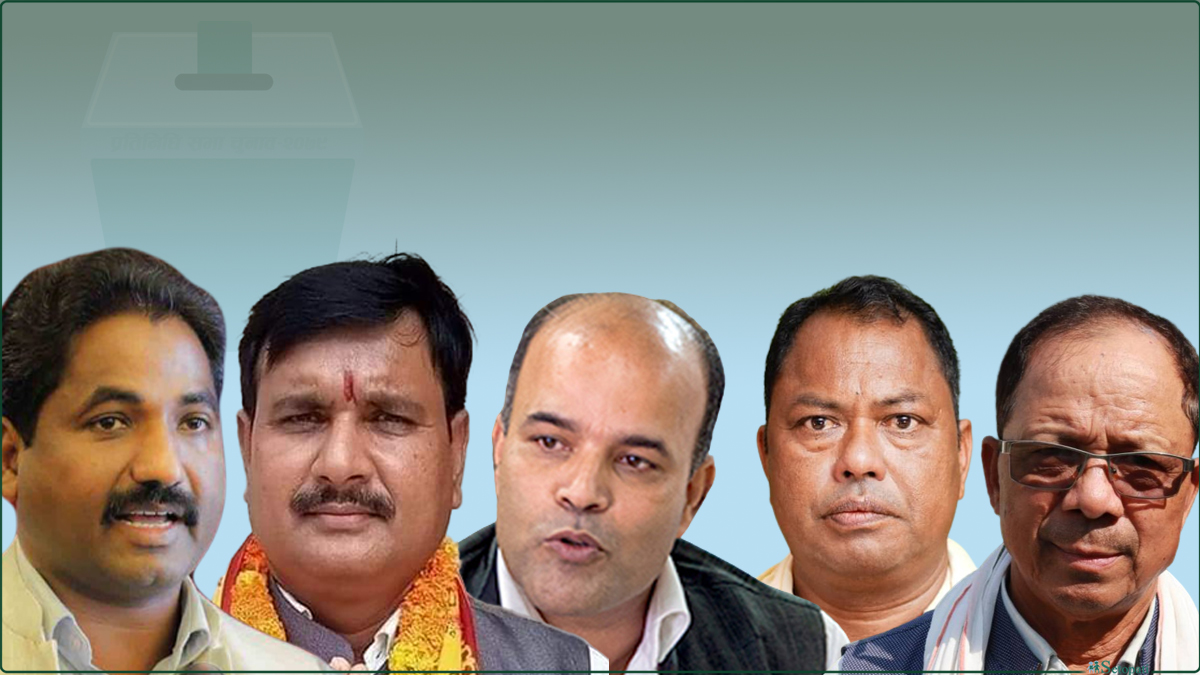The House of Representatives (HoR) members elected as independent candidates can join any political party if they so wish.
The HoR is 275-strong. A total of 165 HoR members have already been elected through the First-Past-The-Post (FPTP) electoral system while 110 are elected through the Proportional Representation (PR) electoral system. The parties must secure at least three percent of PR votes to be eligible for seats in the PR electoral system. The 110 seats are shared proportionally among the parties that cross the three-percent threshold.
The magic number to form the government is 138 and no party will get the majority on its own.
Nepali Congress (NC) has won 57 seats in the FPTP electoral system, CPN-UML 44, CPN (Maoist Center) 18, CPN (Unified Socialist) 10, and RPP, Janata Samajwadi Party (JSP) and Rastriya Swatantra Party led by Rabi Lamichhane seven each. Loktantrik Samajwadi Party (LSP) has won four seats, Nagarik Unmukti Party three, and Rastriya Janamorcha, Janamat Party and Nepal Workers and Peasants Party one each.
Five independent candidates have also been elected to the HoR and may prove crucial in forming the government.
The NC-led ruling coalition including Maoist Center, Unified Socialist, Rastriya Janamorcha and Loktantrik Samajwadi Party, that forged electoral alliance with the ruling coalition, together can muster the majority with support of a few independent candidates.
UML is also trying to woo Maoist Center and Unified Socialist, formed after split of UML, and can muster majority with support of electoral ally RPP, JSP—which allied with the main opposition party after quitting the ruling coalition just before filing nominations due to differences over sharing of seats—and a few independent candidates if they succeed in breaking the ruling coalition.
Former NC central leader Amresh Kumar Singh, who won from Sarlahi-4 as a rebel candidate, is expected to support the ruling coalition.
The group of Prabhu Sah, a former Maoist leader who joined UML after split of the then ruling CPN formed after unification of UML and Maoist Center but quit UML at the time of filing nominations, won two constituencies with support of the ruling coalition.
The independent HoR members can support any coalition of parties to form the next government without joining any political party.
But these independent HoR members can also join any political party if they so wish. They will be counted as member of the parliamentary party of the political party they join once they decide to join any party whether before being sworn in as HoR member or after, as per clause 29 of the act related to political parties.
But the independent HoR members can lose their elected office if they decide to quit the party they join without completing the due process required for formal split of a political party completing 40 percent in both the central committee and the parliamentary party, or are expelled by the party concerned completing the necessary procedures.

